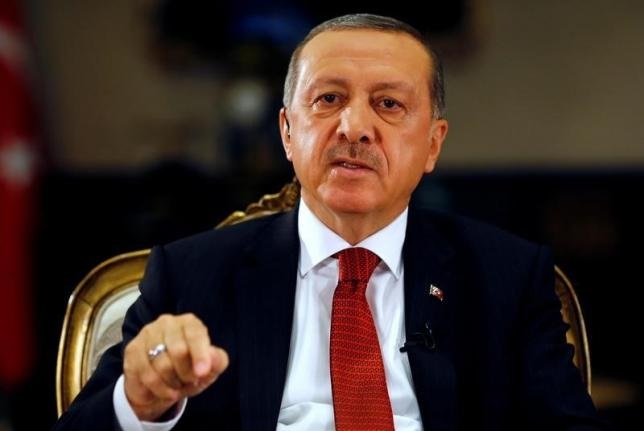
In a survey of 1,275 people conducted between July 28 and August 1, Erdogan's approval rating was 67.6 percent, a rise of 21 points over the previous poll in late June, Ankara-based Metropoll research company said.
The failed grab for power by part of the military on July 15 has unleashed a surge in national unity, of which Erdogan has been the beneficiary.
Anger, protests and bloodshed in coup-hit Istanbul
All opposition parties denounced the putsch, and many of the public are tired of the coups which have dogged Turkey since 1960.
Based on its surveys since 2012, Erdogan's highest approval rating was 71.1 percent in late 2013 when he was serving his third term as prime minister, Metropoll said.
In August 2014, Erdogan was elected president with 52 percent of the vote. His opinion polls since that election had, until now, been less than 50 percent.
Deputy Prime Minister Mehmet Simsek said the rating surge showed "strong public support for his handling of the coup attempt" on his official Twitter account.
Prime Minister Binali Yildirim also received a boost, with approval rising by 18 percentage points to 58 percent.
But Nationalist Movement Party (MHP) leader Devlet Bahceli had an even bigger surge in support with his approval levels reaching 40 percent, an increase of 23 percent.
The main opposition Republican People's Party (CHP) leader Kemal Kilicdaroglu and Peoples' Democratic Party (HDP) leader Selahattin Demirtas saw their approval increase by only two percent to 26 and 15 percent respectively.
Despite sharing the stage with Bahceli and Kilicdaroglu, Erdogan has ignored Demirtas, leaving him out of the unity rally against the coup on Sunday and meetings with opposition leaders to thank them for the solidarity they showed against the putsch on the night.
On the night of July 15, all three opposition parties united to condemn the attempted putsch against the ruling Justice and Development Party (AKP) government.
Erdogan has also embarked on a relentless purge to cleanse all Turkish institutions of what he calls the "virus" of the US-based preacher Fethullah Gulen who Ankara says was behind the coup. Gulen strongly denies this.


1723278472-0/BeFunky-collage-(4)1723278472-0-165x106.webp)


1732518687-0/Copy-of-Untitled-(78)1732518687-0-270x192.webp)











COMMENTS (2)
Comments are moderated and generally will be posted if they are on-topic and not abusive.
For more information, please see our Comments FAQ